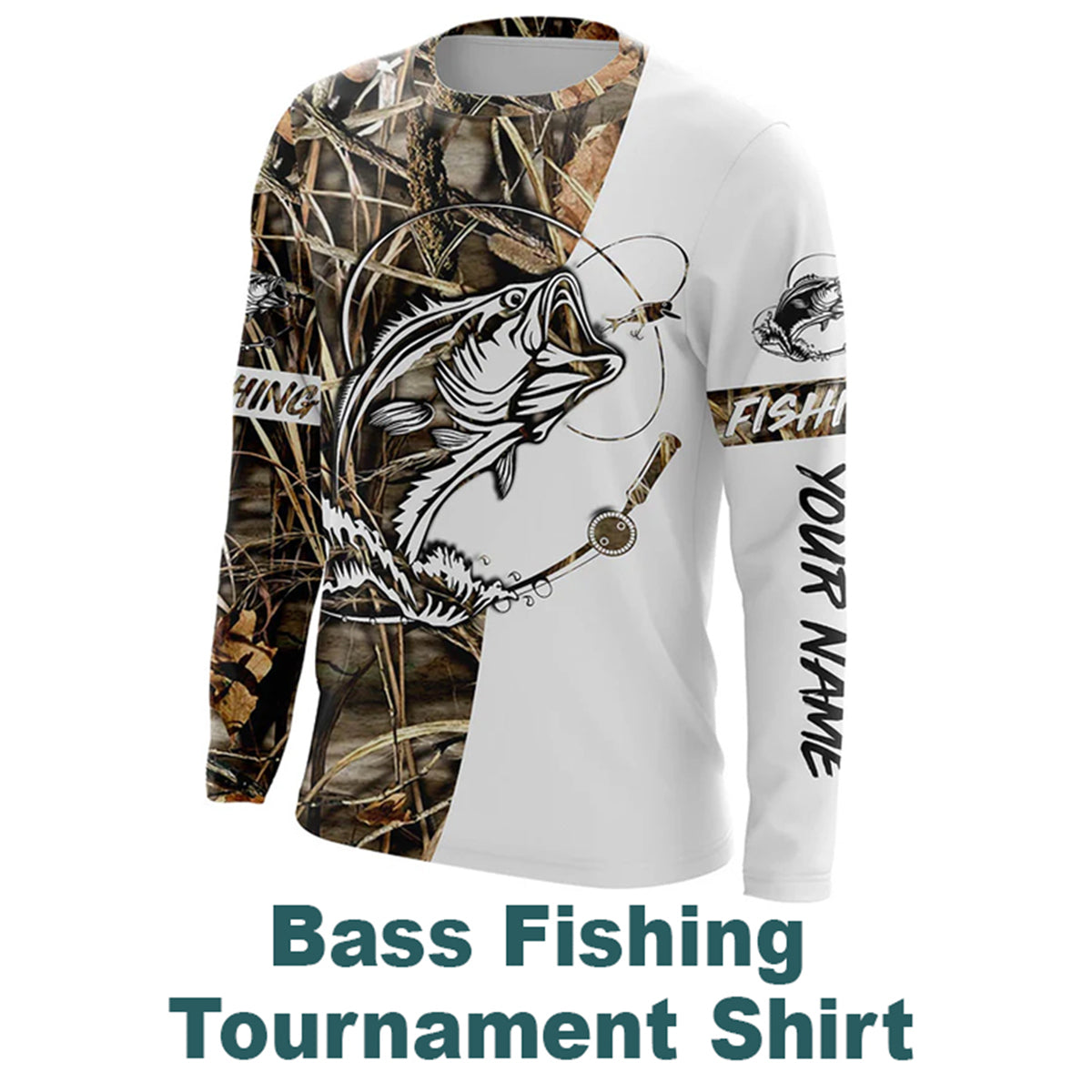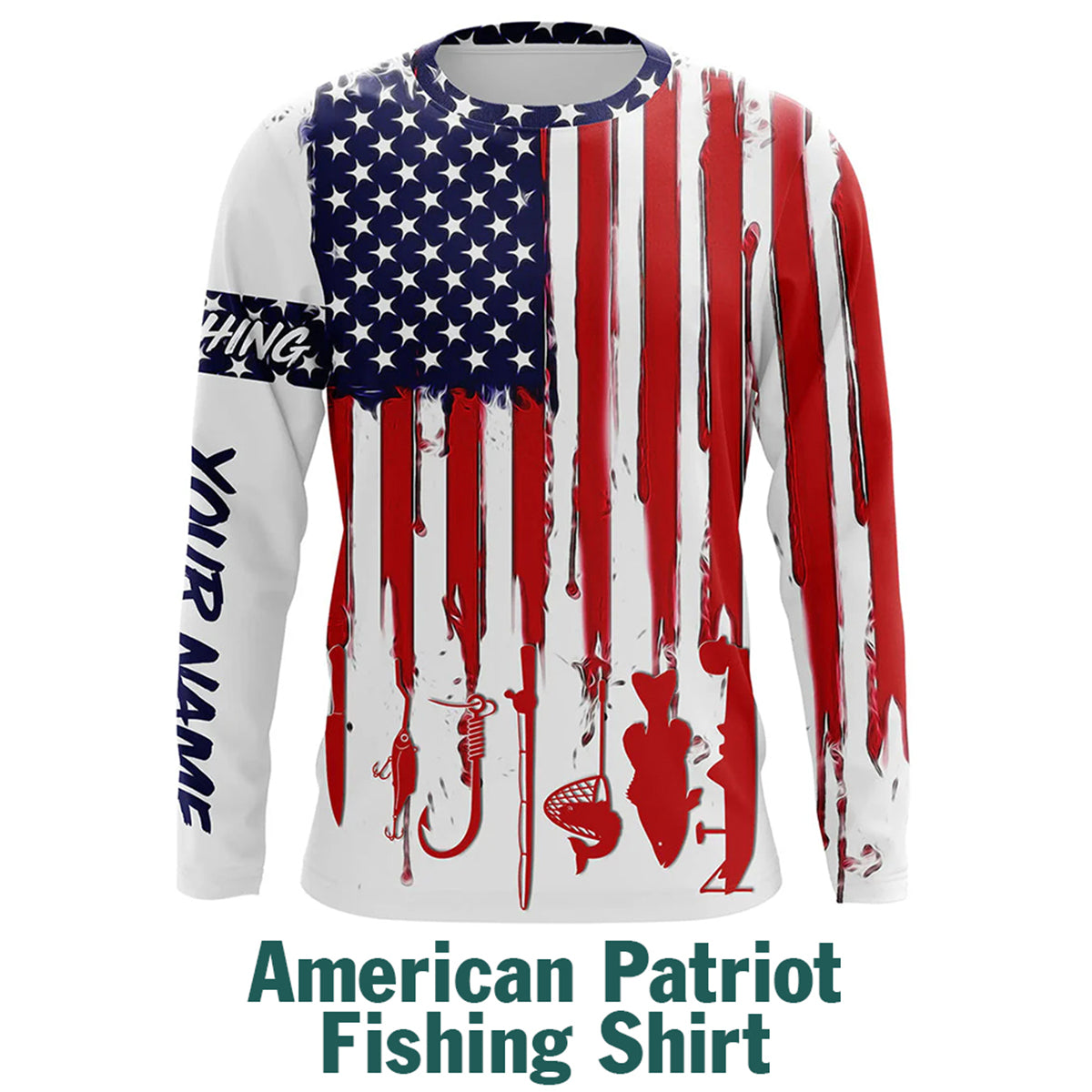Freshwater Fishing Tips For Beginners
Fishing is one of the most favorite hobbies and its popularity is more and more spread over the world. As many people might think, fishing is complicated for first-time anglers. But no worries! It isn’t all that hard. It just requires preparation, some information which we share with you below, patience, and some fishing gear. For beginning fishermen, freshwater might prove a better starting point, especially for those who are starting on their own or for people who don’t live in or near a coastal area. For this reason, I wrote this piece with the hope that these freshwater fishing tips for beginners can help provide a general overview of what you need for an angling trip.
- Safety is the priority while fishing
Before you head out, it’s important you have the valid fishing license for the state you’ll be fishing in. You could be in big trouble if getting caught out angling without them. Every state has different rules, laws, and regulations. With this in mind, stick to local rules carefully and avoid angling in unrestricted zones. Licenses are sold online or at fishing shops and occasionally in convenience stores. The price of a day license is usually fairly inexpensive but annual licenses are a better option if you decide to engage in this activity more than one time in a year. If everything runs smoothly for the first time, you might want to go again, I bet!
Next make sure you have all the essentials at hand, including your sunscreen, rain gear, and a first aid kit. You should also make sure you pack with you plenty of water for the duration of your trip to stay hydrated and happy as you fish.
Another safety issue is to check the weather forecast before going out for fishing. Don’t try to fish if lightning is in the forecast and if some starts while out, come in immediately.
For novices, It’s better to have a rod’s worth of line out when it comes time to reel in your catch. This extra line helps keep your rod from reacting to the movement of the fish while you remove the hook.
Don't forget to wear a life jacket if you are going to fish in an open style fishing boat. Safety is always going to be a top priority when you’re around a large body of water.
Besides, equipping a comfortable outfit helps you move conveniently throughout the angling trip. You can come by and take a look over fishing shirts and shorts with fancy designs created by our own here.
- Determine where on the lake to catch the fish
For certain lake fish species prefer deeper areas or open water, making them more difficult to catch from the shoreline, you may need a boat to access if you are targeting species like walleye or lake trout. While others inhabit shallower water like panfish or largemouth bass, you can catch them from the shoreline. Getting a topographical map of that body of water when fishing in a freshwater lake or pond is one of the keys of freshwater fishing tips. This will help you know what and where the different depths of the lake or pond are. Along with that it may also show you locations that you plan to fish in a lake.
- Choose the bait
You’ll need to research the species feeding habits you’re trying to catch to choose the best bait. For a beginner to freshwater fishing, the best type of bait is live one! It’s easier to hook and attract a variety of fish with these tiny live baits. Otherwise, you can try a green or rainbow color bait if you don't feel comfortable with live bait. These two colors are perfect for novices. Artificial bait works also, with the popular options being spinners and crank baits.
The truth is, various species prefer different water temperatures. The species of fish you’re trying to catch will determine the times and water depths you will choose. The colder it gets outside, the shallower you’ll need to fish. Fish tend to like cool temperatures and will move deeper when it’s burning, just to find shelter in cooler water areas as the temperature outside rises. Fish will come to more shallow water to feed during dusk and dawn. Checking the water temperature is necessary to figure out the best times and water depths to catch them.
- Set your expectations
As beginning anglers, you've got to set your expectations precisely and understand that fishing is a game challenging your patience.
Everyone talks about catching more and bigger fish, but the truth is that, as a beginner fisherman, all you need to do is learn how to catch the first one before becoming the best. Improvement in fishing skill is what any angler wishes. Learn the proper casting technique and the way your equipment feels. Then, go to the most likely, fishy looking spot on the body of water you are fishing and just try to get a bite. Put your mind on when fishing and get some feedback from the fish, even the smallest one. Don't discount small fish and try to learn from every bite you get. Think to yourself after every fish; where was that fish, what kind of object was it holding on, how deep was it, how was I moving the lure or bait. All of these are not difficult to practice but it’s essential to maximize the chance of success.
Just go out there and enjoy being in nature! As you gain more experience, you'll learn to select the right lures and bait for your target fish/location. Having a fish finder certainly helps too!
- Use basic freshwater tackle
For beginners, everything should be kept basic. It’s not worth spending hundreds of dollars on fishing gear because freshwater fishing should be fun, easy, and affordable. Majority of the tackle on the market is meant to attract the fisherman, not the fish.
Thus, an affordable tackle certainly helps you have more courage to fish. If you won’t be afraid to lose lures and rigs, you'll be willing to put them in danger, where the fish live, and where they can work for you. Cheap lures fished in the right areas work better than expensive lures fished in “safe zones”. So, the key is, “less is more”.
- Prepare in mind
The last but not least for beginners would be to always visualize the strike so that you grasp fundamentals. Keep your rod tip where it needs to be for setting the hook. Your response is automatic and fundamentally sound if you always think about the bite. So often, newbies have poor fundamentals where they miss opportunities because they simply are not ready.
- Clean up
It’s important to learn good fishing etiquette early. Don’t forget to take everything with you when you leave - every gum wrapper, hook package, bait container, cigarette butt, beer can and soda bottle - that you carried with. Be respectful of other anglers, all fishes you catch, and the environment you’re in and be grateful for people who own or maintain the land is the single most important thing you can do.


